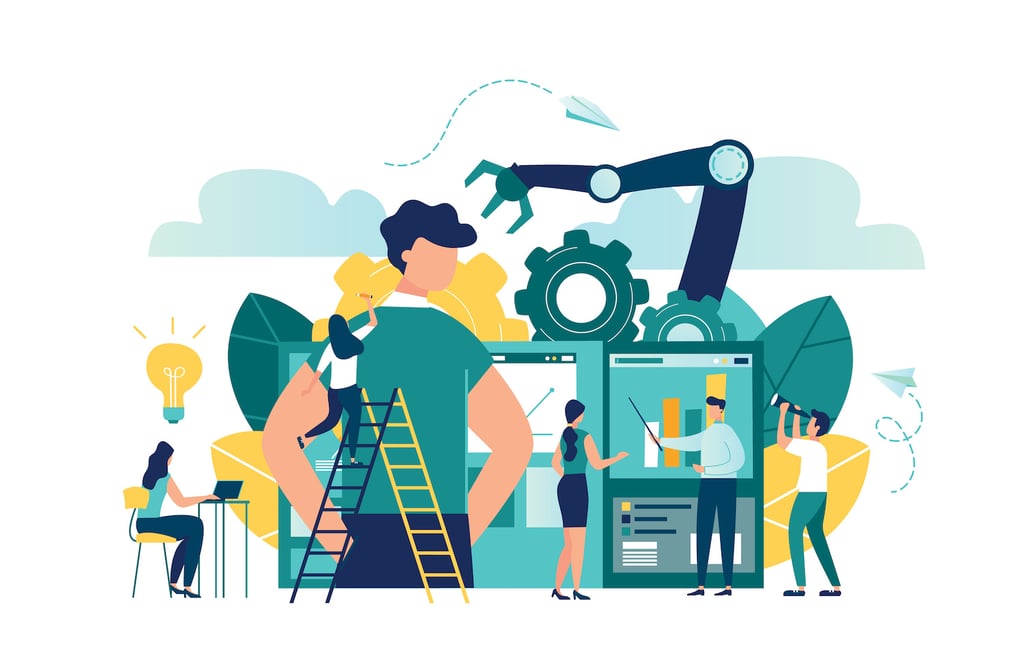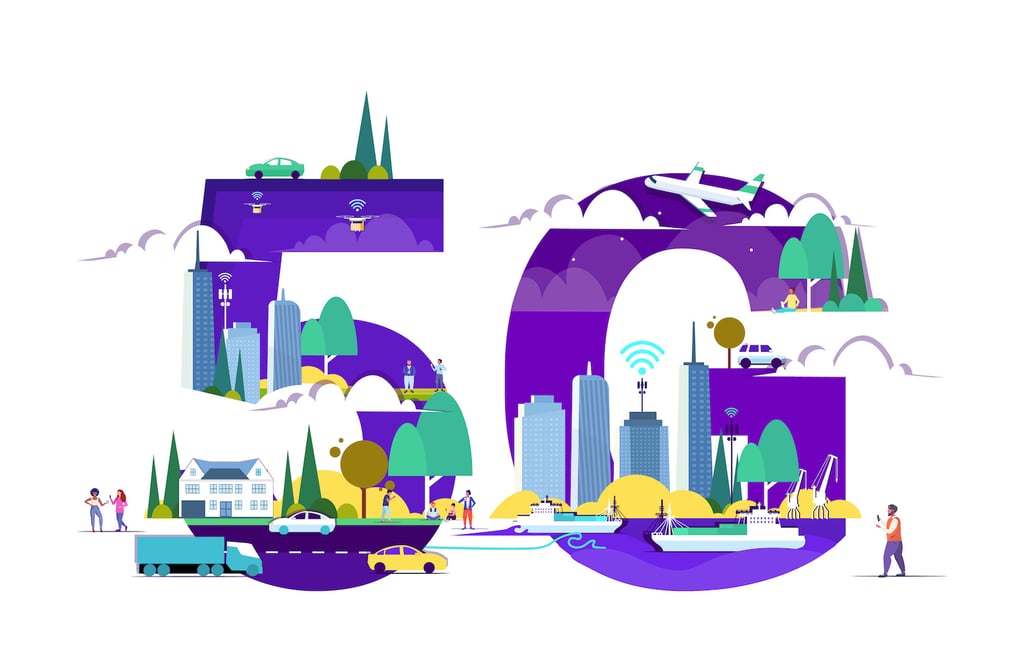I’m attending Microsoft’s 2020 Ignite this week, and the firm continues to impress with exciting content, well-prepared speakers, and improved engagement. Microsoft is spending many of its resources to understand and pivot to this new work from the home standard. For instance, the Microsoft Teams now has better real-time audience insights, live captions, live transcripts, and more creative ways to put groups of people on the screen naturally (together mode). One other exciting improvement is integration with AR headsets to share what they are seeing real-time with the team and get feedback and help in their task as needed.
But as I watched these improvements, I realized that Microsoft is likely to apply much of what I saw to next year’s conferences. The result should be a massive jump in attendance, interaction, engagement, and satisfaction. I now can see an increasing chance that we will never go back to large in-person events because tools like Microsoft showcased have the potential to make travel to a physical event a pointless waste of time and reduction in safety.
At Microsoft Ignite this year, I saw the future of events; let’s talk about that this week.
Embedded AI
Satya Nadella provided a compelling demonstration of Project Cortex, an AI-powered service in Microsoft 365. It struck me that this service could massively improve the user experience like Microsoft Ignite. It was likely too new to integrate into the Ignite UI, but next year it certainly could, and it would be a game-changer.
For instance, Ignite has a massive number of classes and sessions all day and night during the term of the event. The effort to find each session you wanted to attend was significant because you had to page through something like 45-50 pages of content, read each description, and then add things you were interested in to your event calendar. Still, there was no integration with Outlook so that you could work around your existing schedule, and there was no automated help to prepopulate a list of things in which you might be interested. This effort was not only time-intensive. You could easily sign up for things you weren’t interested in, sign up for things that you couldn’t attend due to conflicts; there was the capability to capture real-time interest, but it didn’t seem like those logged in could always use it.
With Project Cortex, you can build AI easily into an app like the one used to connect the attendees to the conference. It could then learn about the attendees based on their real-time feedback and push them to topics that are of interest. Microsoft has likely captured information on many of us from offerings like Skype and LinkedIn, so they should know a lot about our interests, also helping the AI push us to events that interest us.
Most of us use Outlook, and information from that application, granted access with permission, could at least show conflicts and, for those events that you’d like to attend but have a conflict with, automatically provide links to the recorded content after the fact.
Finally, organizers watched social media but what they were seeing was having no impact on the presentations, which mostly were pre-taped. But what if you taped several options for each segment and based on social media interest, switched up the content dynamically to drive the most social engagement? This application would be a use of AI by Microsoft that would improve the effectiveness and reach of the event and showcase another aspect of the future of events.
Wrapping Up: The Future of Events and Ignite 2021
Microsoft quoted a CEO who said that his greatest concern right now was the care and safety of the workforce. The tools that Microsoft showcased in things like Microsoft Graph provide a good sense of what is working and what isn’t. This kind of technology applied to an event, tied to the content (including columns like this) being produced, can provide deep insight into what messages are resonating, what is interesting, and what topics aren’t drawing interest. It will allow an event manager to decide better, real-time, what content to prioritize for each attendee, providing the ability to automatically build agendas, manage calendars, and assure every attendee gets the maximum value while the firm putting on the event gets the maximum engagement.
And, if you think about it, our lives are now a sequence of online events that could be enhanced and improved by the tools Microsoft showcased. We may be seeing the end of business travel and the beginning of far more effective use of our time and our company’s resources. You see, I’ve not only been talking about the future of Ignite but the potential future of how we work remotely.
2020 may suck, well it does suck, but 2021 could be pretty amazing; here is hoping we are all around to see it.
Rob Enderle has been a TechnologyAdvice columnist since 2003. His areas of interest include AI, autonomous driving, drones, personal technology, emerging technology, regulation, litigation, M&E, and technology in politics. He has an AS, BS, and MBA in merchandising, human resources, marketing, and computer science. Enderle is currently president and principal analyst of the Enderle Group, a consultancy that serves the technology industry. He formerly worked at IBM and served as a senior research fellow at Giga Information Group and Forrester.










